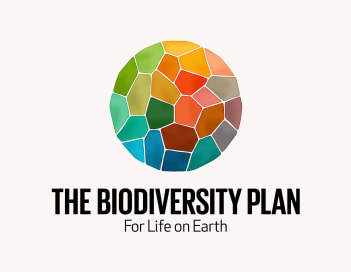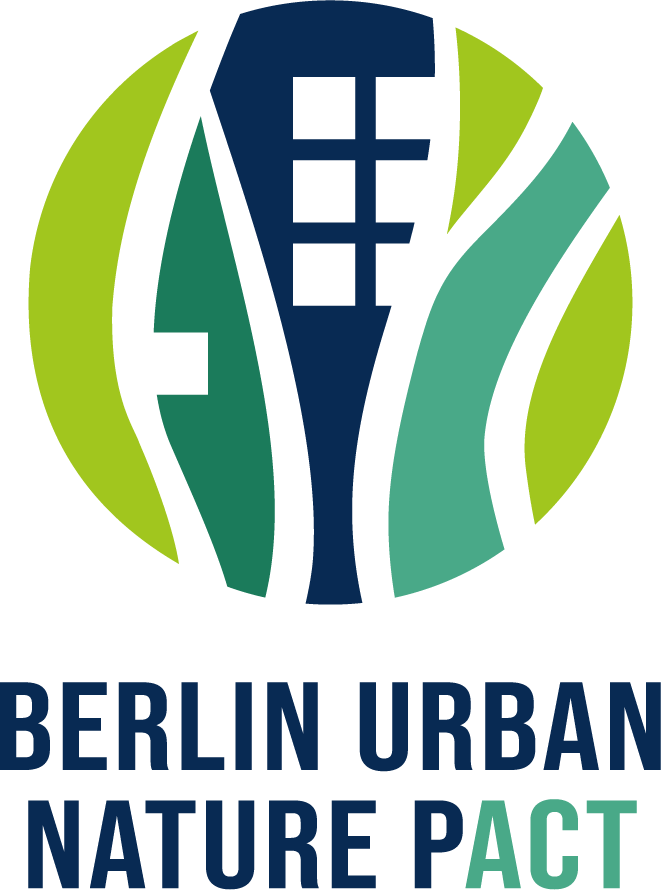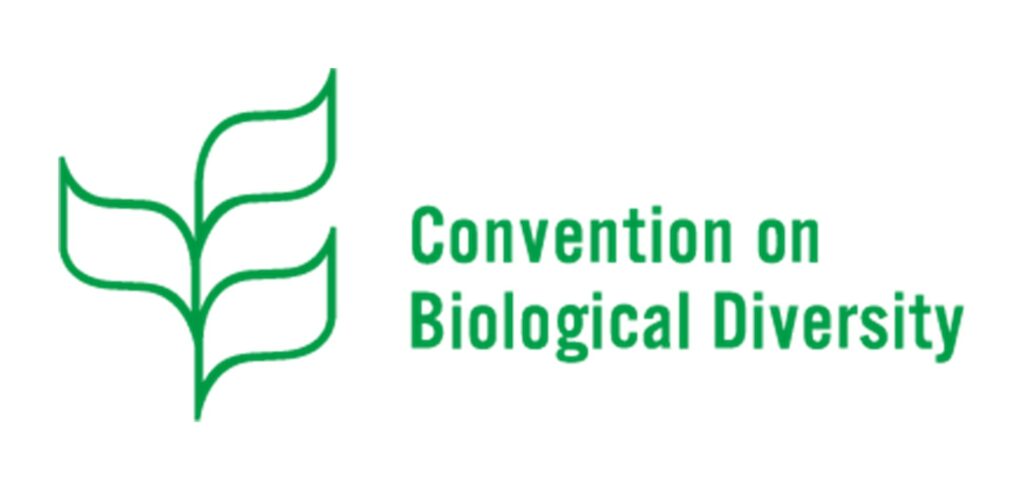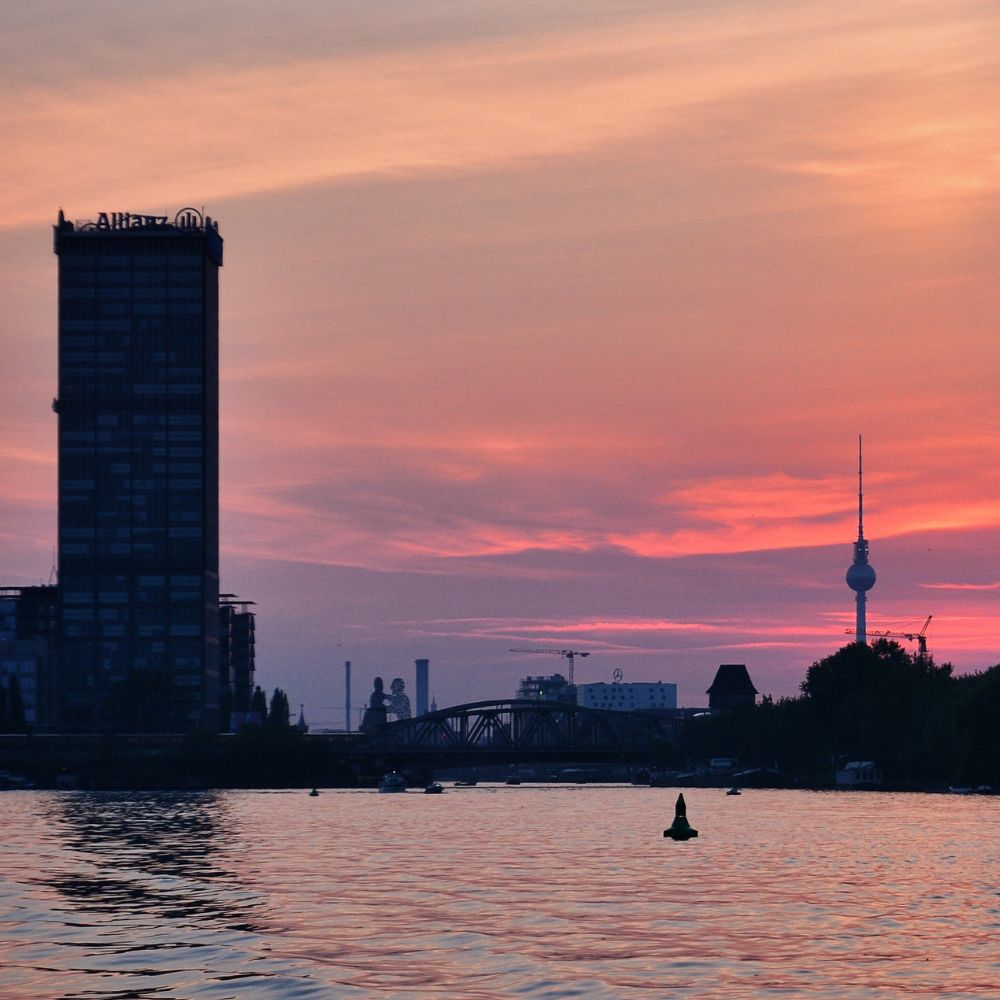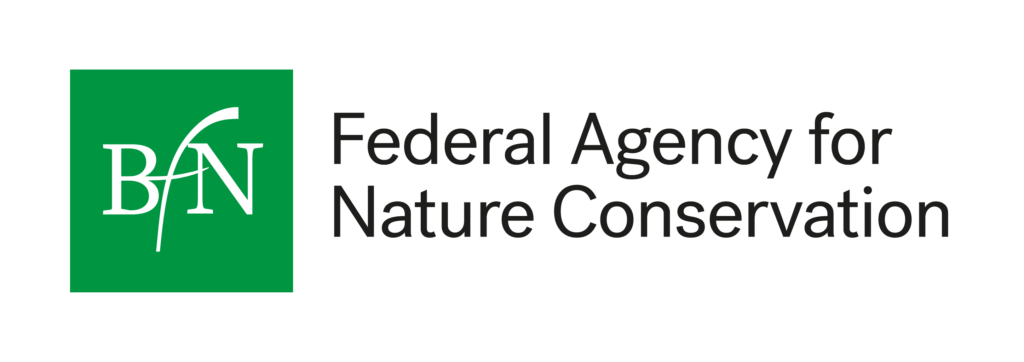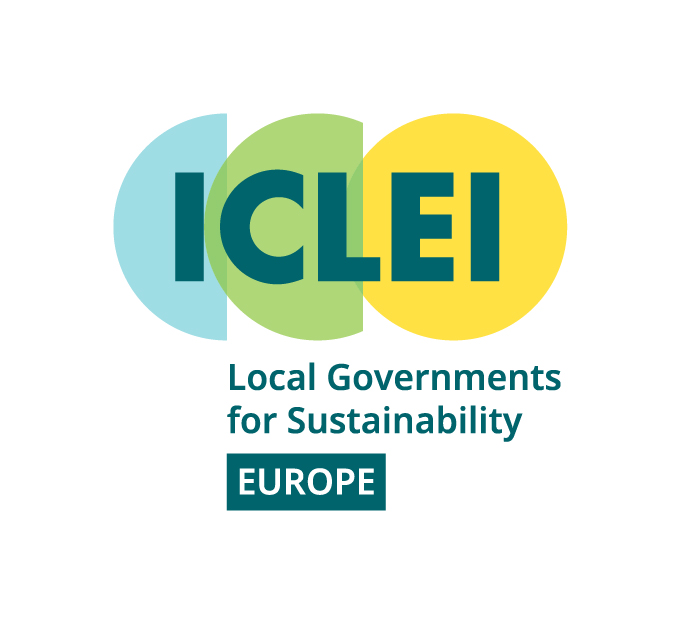The Berlin Urban Nature Pact (Pact) is an initiative by a number of cities building on and partnering with the Edinburgh Process in an ongoing, comprehensive consultation process for cities, local and regional authorities around the world that are ready to lead the transition towards implementation of bold biodiversity action. The Pact seeks to halt and reverse biodiversity loss to put nature on a path to recovery for the benefit of people and the planet in cities worldwide by 2030. It builds on the 2020 Edinburgh Declaration and the 2022 Montreal Pledge, and focuses on the implementation of the Kunming-Montreal Global Biodiversity Framework (GBF) and renewed Plan of Action on Subnational Governments, Cities and Other Local Authorities for Biodiversity (2023-2030).
















